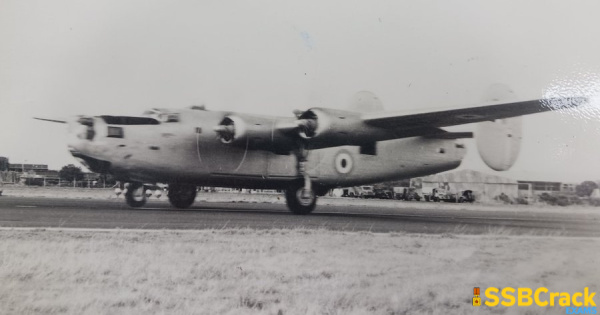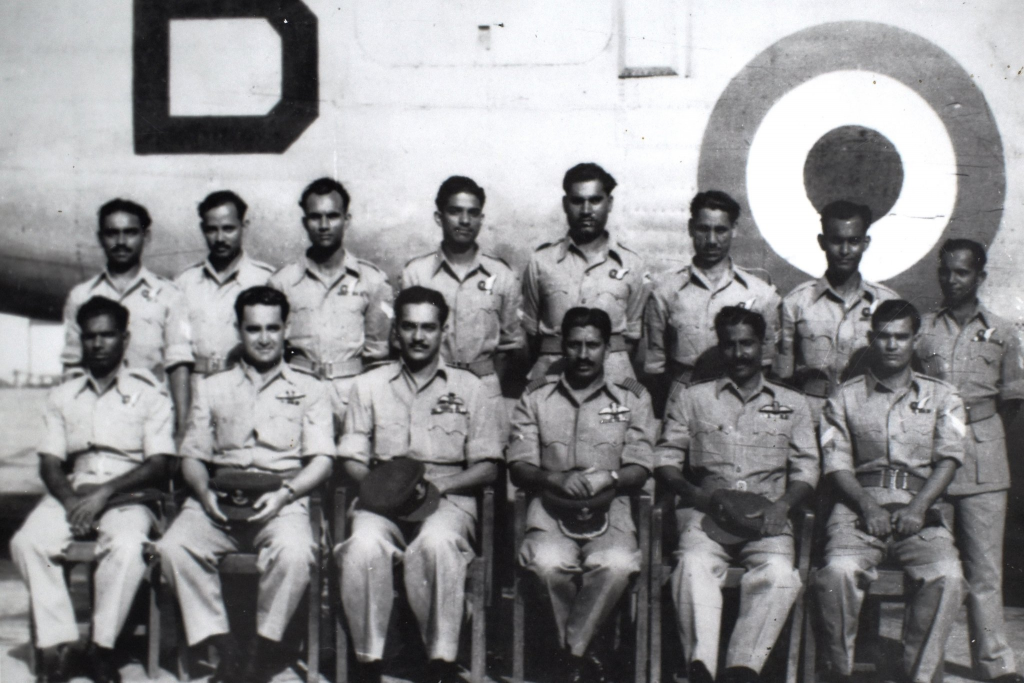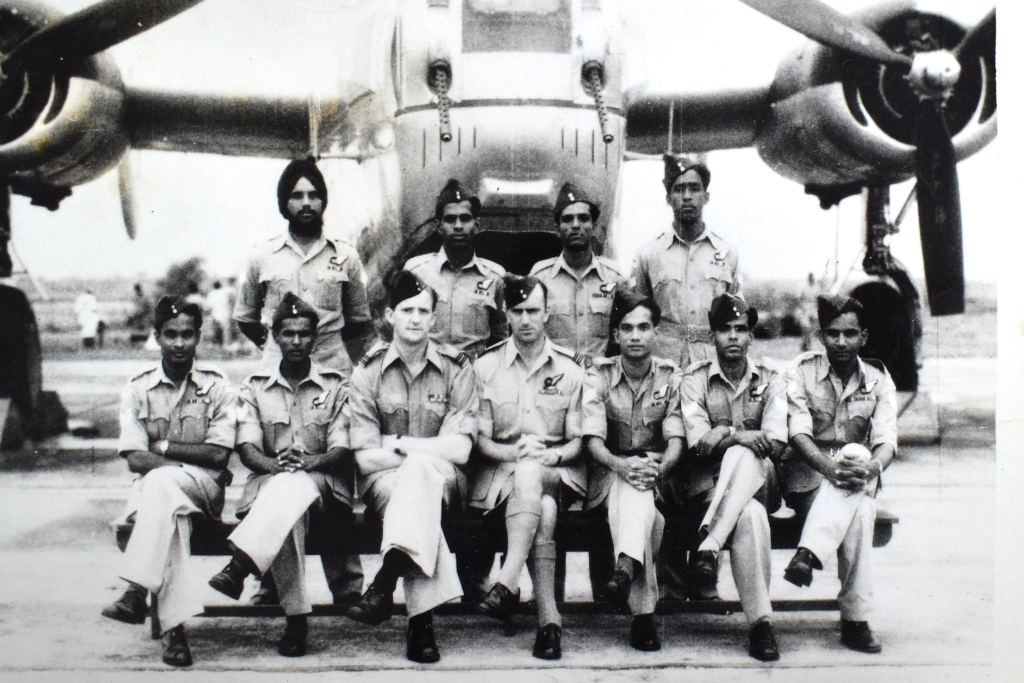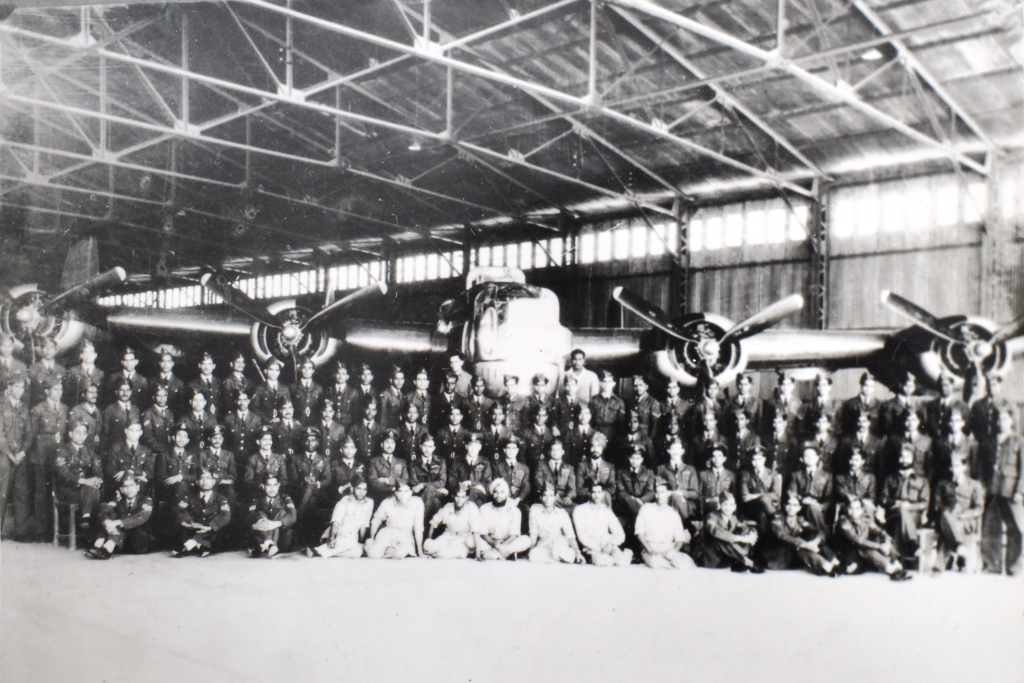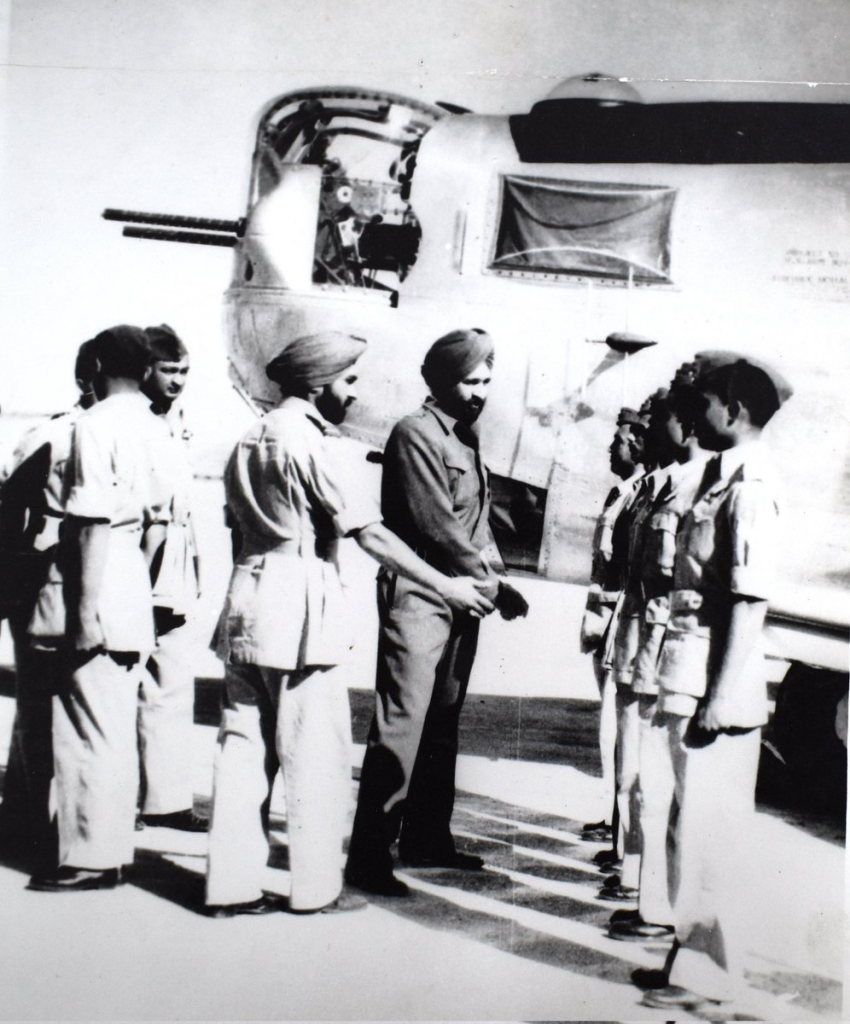The need for a heavy bomber was first felt in mid-1948, when it was decided to raise a training squadron by October 1948, an operational squadron by January 1949, and a second operational squadron by February 1950.
The decision was made to recover the ex-USAAF and RAF B-24 Liberator bombers that had been abandoned at Indian airfields. The 4-engined bbr required an 8-10 man crew, had a top speed of 290 mph, and a range of 2100 miles. The armament included a 5000-pound bomb load and ten.50-caliber Browning MGs.
About ‘Libby’
The ‘Libby’ made its Indian debut with the USAAF’s 160th Sqn in November 1942. It was soon upgraded with the ASV MKV radar and began maritime patrols in the Rangoon-Bangkok-Andamans area. By 1945, there were up to ten sqns in-theatre, in addition to the 252 (Tpt) Lib Sqn in Delhi.
Also read: All Aircraft Operated By The Indian Airforce
The history behind ‘Libby‘
After WWII, nearly 100 of these surplus B-24s arrived in Chakeri, Kanpur. A small team from the IAF conducted a preliminary survey, and over 45 Libbies were sent for repairs within a year. In November 1948, the first batch of six refurbished Libbies arrived at Palam.
From 1947 to 1956, HALHQBLR recovered approximately 40 Libbies, including two C-87 freighter variants. The IAF raised its first Hy Bbr sqn on November 2, 1948, with the first batch of six Libbies. Raised in Kanpur, No 5 Sqn “Tuskers” quickly led to Nos 6 and 16 Sqns adopting the type.
The IAF’s 102 Survey Flt, which also flew the C-47 Dakota, flew the two freighters (HE712 & 843). HE712 was scheduled to fly a photo mission over the Everest massif on June 53. In October 1957, the Flt was promoted to Sqn status and relocated to Barrackpore, where it merged with the 106 Spl Recce Unit.
Also read: All About IAF’s 1940 Vintage Dakota DC-3 Aircraft
Also read: 50 Amazing Pictures Of Indian Air Force Aircrafts That Will Motivate You To Join IAF
The last Libbie retired in January 1969. Given the aircraft’s history, some quickly found new owners all over the world. The HE733 joined other Warbirds at Rockcliffe near Ottawa, the HE777 at the Tuscon Air Museum, and the HE807 at the RAF Museum. HE924 remained at the IAF Museum.
If you liked the article do share it with your friends. Follow SSBCrackExams for more articles.
To crack the SSB Interview, You can join our SSB interview live classes batch and we recommend you Enroll SSB INTERVIEW ONLINE COURSE. Trusted by thousands of defense aspirants.
Also read:
